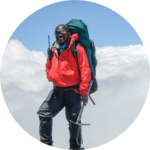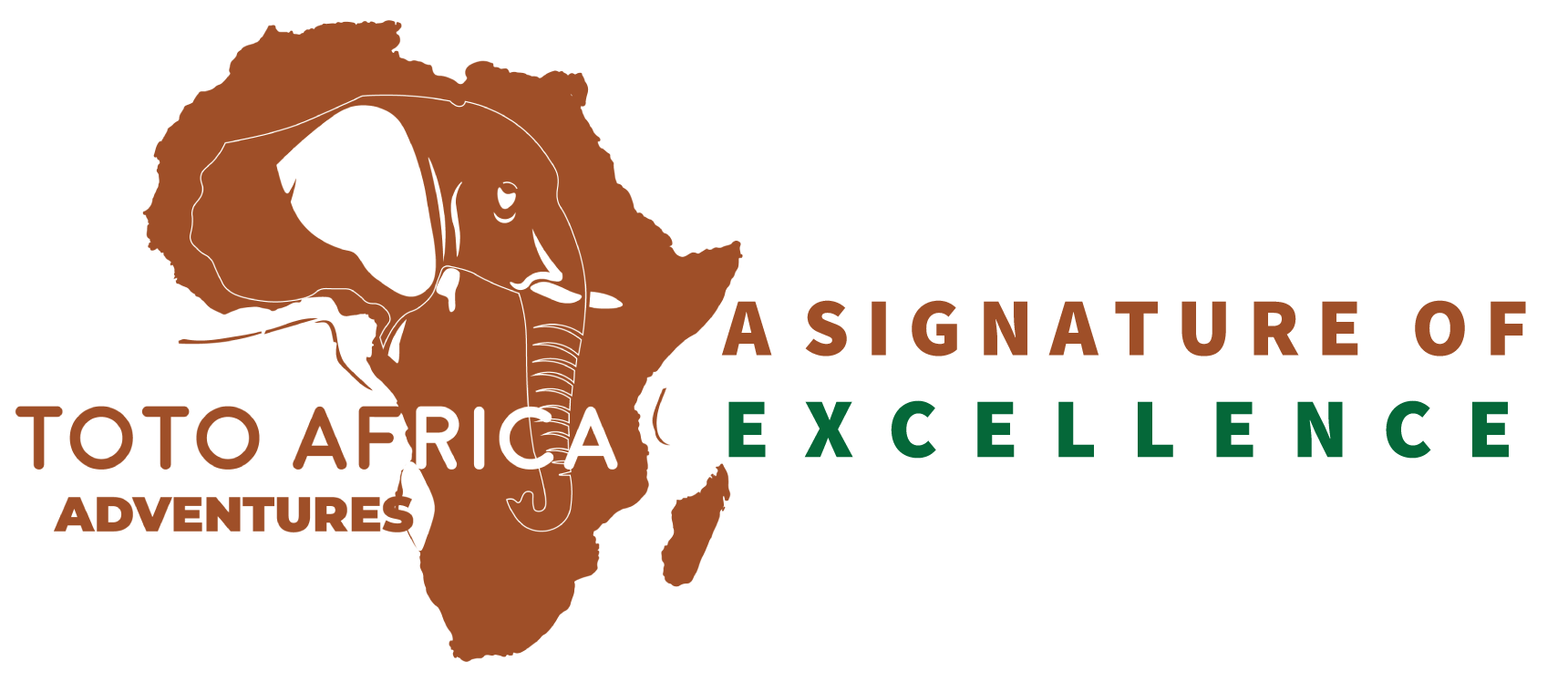What is the Food Like on Mt. Kilimanjaro?
In order to better serve our customers, new meals are frequently added to our menus. Toto Africa Adventures guarantees an unforgettable experience, regardless of your special dietary needs or your simple desire to celebrate with birthday cakes, Christmas and New Year’s cards, and cakes at the top of Kilimanjaro.
Skilled mountain chefs at Toto Africa Adventures provide mouthwatering and nourishing meals to maintain your health while you climb to the summit of Mount Kilimanjaro. Although your hunger may decrease at high elevations, you still need to eat and drink enough to stay strong. Our emphasis on wholesome food and plenty of water to drink is crucial for your physical and mental health, ensuring a successful and pleasurable ascent.
We accommodate special dietary requests such as vegetarianism; please inform us in advance so we can cater to your needs. We also emphasize the use of high-quality, seasonal fruits to enhance the freshness and nutritional value of our meals.

PLAN YOUR HIKE NOW!
Our Specialist are the best and we are confident that no other travel company can match our expertise in helping you plan your trip.
GO HIKING WITH US & DISCOVER THE EXCITEMENT..
Our goal is to help all our clients climb Kilimanjaro safely and have a really enjoyable trek. To do this we operate our own Kilimanjaro climbs so we control every aspect of your trip. We don’t just take your booking to climb Kilimanjaro then sub-contract your safety and enjoyment to someone else. If you book with us you climb Kilimanjaro with us.
What to Expect On Your Hiking Adventure
When embarking on a Mount Kilimanjaro hike, travelers can expect a journey that combines breathtaking scenery with challenging terrain. You’ll traverse diverse landscapes, from lush rainforests to alpine deserts and icy peaks. The trek involves various altitudes, each offering unique experiences and vistas. Expect to hike for several hours each day, with a steady climb that requires good physical fitness and stamina.
As for food, Kilimanjaro hikes typically include a range of hearty and nutritious meals designed to keep you energized. Expect a variety of dishes, including fresh vegetables, fruits, grains, and proteins like chicken or fish. Meals are often prepared by skilled cooks who work hard to create delicious, hot meals even at high altitudes. To prepare, bring high-energy snacks, such as nuts, trail mix, and energy bars, to supplement your diet and keep you fueled between meals. Additionally, pack appropriate gear, including layered clothing for varying temperatures, a good pair of hiking boots, and plenty of water bottles. Being well-prepared will ensure that you can fully enjoy the adventure and the stunning views that Kilimanjaro has to offer.
Discover our Kilimanjaro food menu list
Breakfast: Fruit Juice, Fruit, Cereal/Porridge, Eggs bread/French-toast/Plain-toast/Pancakes, Sausages, Margarine, Jam/Honey, Tea/Coffee/Drinking chocolate. Boiled egg, spinach omelet or fried egg with beacon and bread.
Snacks: Peanuts/Crisps/Popcorn/Cookies.
Lunch: Sliced Carrot and Cucumber stripes, Avocado slices, Boiled egg, Vegetable/Meat cutlets, Sandwiches (Egg/ Cheese/Tomato/Tuna/Meat/Peanut butter), Fruit. Boiled egg, salami sandwich, cheese, French toast Macaroni and meat sauce and bread.
Dinner: Soup of the day, Bread, Salad, Rice/Pasta/Potatoes, Chicken/Meat, Mixed Vegetables (Carrot/French -Beans/Cabbage), Lentils, Fruit Salad, Fruit with custard, Tea/Coffee/Milo/Drinking chocolate. Spaghetti with meat sauce or fish with rice, Fried beef with roast potatoes, rice, carrots, cabbage. Roast chicken with vegetable, fried rice, green pepper, carrots.
DIETARY REQUIREMENT:
Remember to inform us if you have any special dietary requirements – Our chefs are also able to accommodate almost any dietary restrictions so that vegans, vegetarians, gluten and lactose intolerant and those with restrictions due to their religious beliefs are all accommodated. Just make sure you let us know in advance of any dietary restrictions you may have
Also if you’ve any questions or concerns about the food whilst on the challenge feel free to speak to our team and we can give you more information!
Drinking Water on Kilimanjaro
We get water from the streams on the mountain, and we make it safe to drink with special tablets called Aquatabs. You can only find water at the camping spots, so you should carry around 3 liters of water with you to drink while you hike and stay hydrated.
We make sure all our water is safe to drink (boiled and filtered), even the water we use for cooking and washing.
Staying Hydrated
Keeping hydrated is crucial in the Kilimanjaro acclimatizing process – and you will get dehydrated easily not just from walking each day but by breathing in the air at higher altitudes. So we ensure that there is always a plentiful supply of treated and filtered water in the camp each morning/ night and at the lunch stops also. Depending on your physiology you will need to take in between 3-4 litres of water each day of Kilimanjaro trekking. Which is a lot of water? So many people find that taking electrolytes or flavoured cordial helps to keep the taste buds excited. There will also be hot drinking water at the camp eat morning/ evening as well as the lunch stop with a selection of teas, coffee and hot chocolate.










